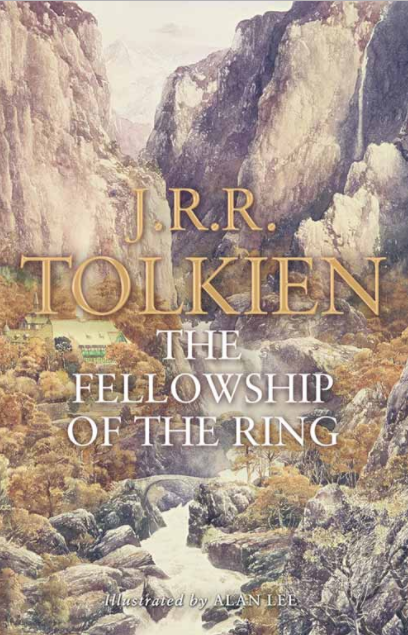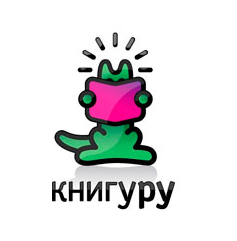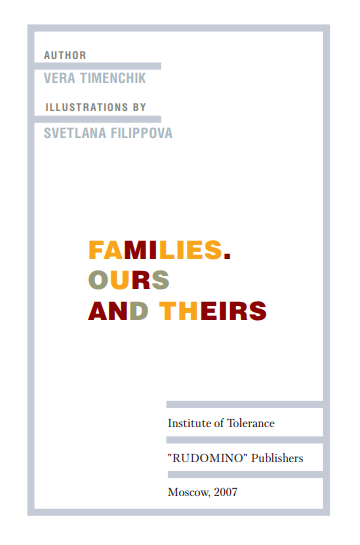 I’ll admit it: I am not a fan of J.R.R. Tolkien’s The Lord of the Rings series. But, most teenagers are and The Lord of the Rings trilogy serves as Young Adult fiction for teenagers all over the world, including for Russian teens.
I’ll admit it: I am not a fan of J.R.R. Tolkien’s The Lord of the Rings series. But, most teenagers are and The Lord of the Rings trilogy serves as Young Adult fiction for teenagers all over the world, including for Russian teens.
Kirill Yeskov, a Russian writer/paleontologist/biologist, published a reimagining of The Lord of the Rings, titled The Last Ringbearer (1999), which tells the tale from Mordor’s point of view. Yisroel Markov has translated The Last Ringbearer into English and it is available for download here.
Laura Miller, Salon.com’s book editor, reviewed The Last Ringbearer this week, writing:
The novel still has some rough edges — most notably, a confused switching back and forth between past and present tense in the early chapters — and some readers may be put off by Yeskov’s (classically Russian) habit of dropping info-dumps of military and political history into the narrative here and there. For the most part, though, “The Last Ringbearer” is a well-written, energetic adventure yarn that offers an intriguing gloss on what some critics have described as the overly simplistic morality of Tolkien’s masterpiece.
Salon has also published Yeskov’s essay on The Last Ringbearer and The Lord of the Rings, an essay well worth reading for Yeskov’s views on Tolkien’s trilogy and because Yeskov explains why and how he retold Tolkien’s tale. Yeskov writes,
The Last Ring-bearer” was written for a very specific audience, too – it’s just another “fairy tale for junior scientists” of which I am one. It is meant for skeptics and agnostics brought up on Hemingway and brothers Strugatzky, for whom Tolkien is only a charming, albeit slightly tedious, writer of children’s books. Those were the people who got the biggest kick out of the novel; theirs were the reviews that used the expression “sleepless night,” dear to any writer’s heart, most often.

